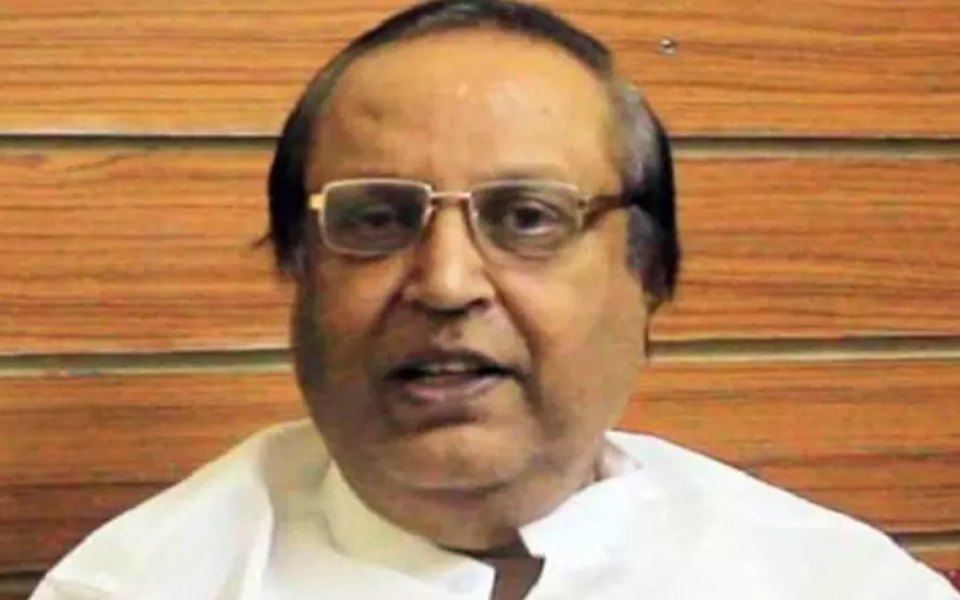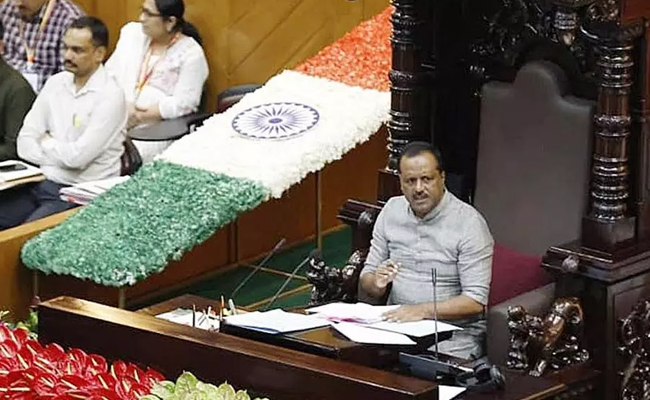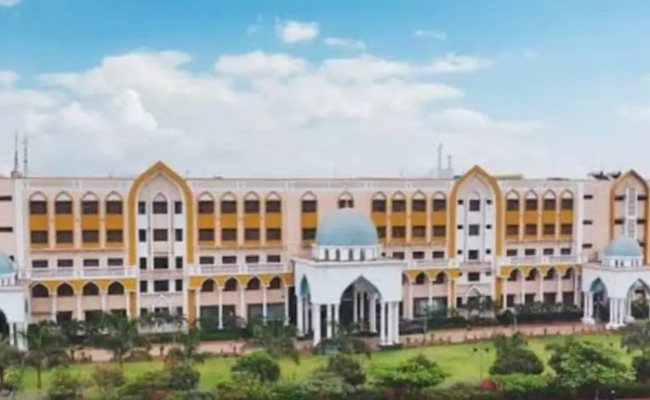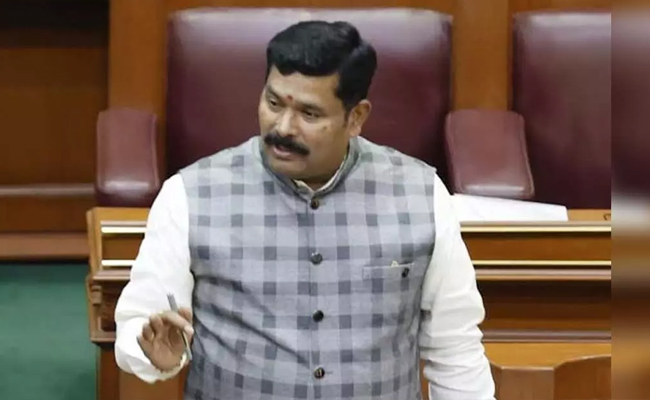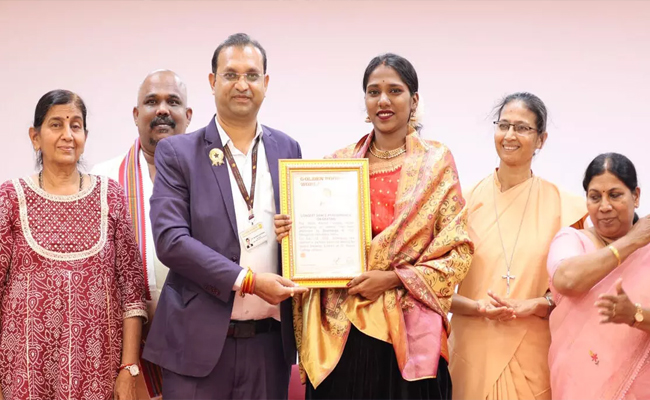Hubballi: Mukhyamantri Chandru, the Aam Aadmi Party (AAP) Karnataka State President, has echoed the sentiments of former BJP MLA Goolihatti Shekar, claiming that he too faced discrimination in BJP like Shekar, despite being a member of the BJP.
Goolihatti Shekar recently alleged that he was denied entry into the Hedgewar Memorial Museum of the RSS in Nagpur on the grounds of belonging to a Scheduled Caste.
Speaking to reporters in Hubballi city, Chandru stated, "During my tenure as a member of the BJP, I experienced instances where I was neither informed nor invited to certain events. Additionally, major decisions were taken without my involvement. Goolihatti Shekar's recent revelation sheds light on the treatment meted out to me, providing better understanding of this behavior.”
Let the Truth be known. If you read VB and like VB, please be a VB Supporter and Help us deliver the Truth to one and all.
Belagavi: Speaker U.T. Khader on Friday warned that members who disrupt Assembly proceedings by talking in their seats during debates will be made to sit in the House for an entire day as a disciplinary measure.
The warning came after the Question Hour, when Deputy Leader of the Opposition Arvind Bellad was permitted to initiate a discussion on the development of North Karnataka.
At this point, expelled BJP MLA Basanagouda Patil Yatnal objected, stating that he had been seeking a debate for the past three days but had not been given an opportunity.
ALSO READ: IndiGo board ropes in external aviation expert for flight disruption probe
Responding to the objection, Speaker Khader said Bellad had already been granted permission and assured Yatnal that he would be allowed to speak at the next opportunity. He noted that even as a serious discussion was underway, several MLAs were speaking among themselves with their microphones on, disrupting the proceedings.
Expressing displeasure over the conduct of members, Khader likened the situation to football, where players receive red, yellow, or white cards for violations. Similarly, he said, the Assembly issues warning cards to members who disturb the House. If they fail to correct themselves despite repeated warnings, they would be required to remain seated in the Assembly hall for a full day as punishment, he stated.

